Welcome to
Lees Brook Academy
Latest News
Our Facebook Feed
Contact Us
Lees Brook AcademyMorley Road
Chaddesden
Derby
DE21 4QX E-mail: schoolinfo@leesbrook.co.uk Tel: 01332 671723
© 2026 Archway Learning Trust Privacy Policies Made by CODA Education





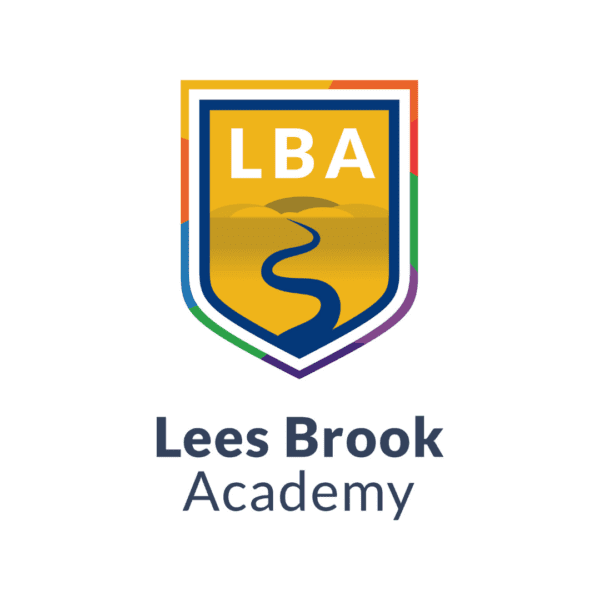
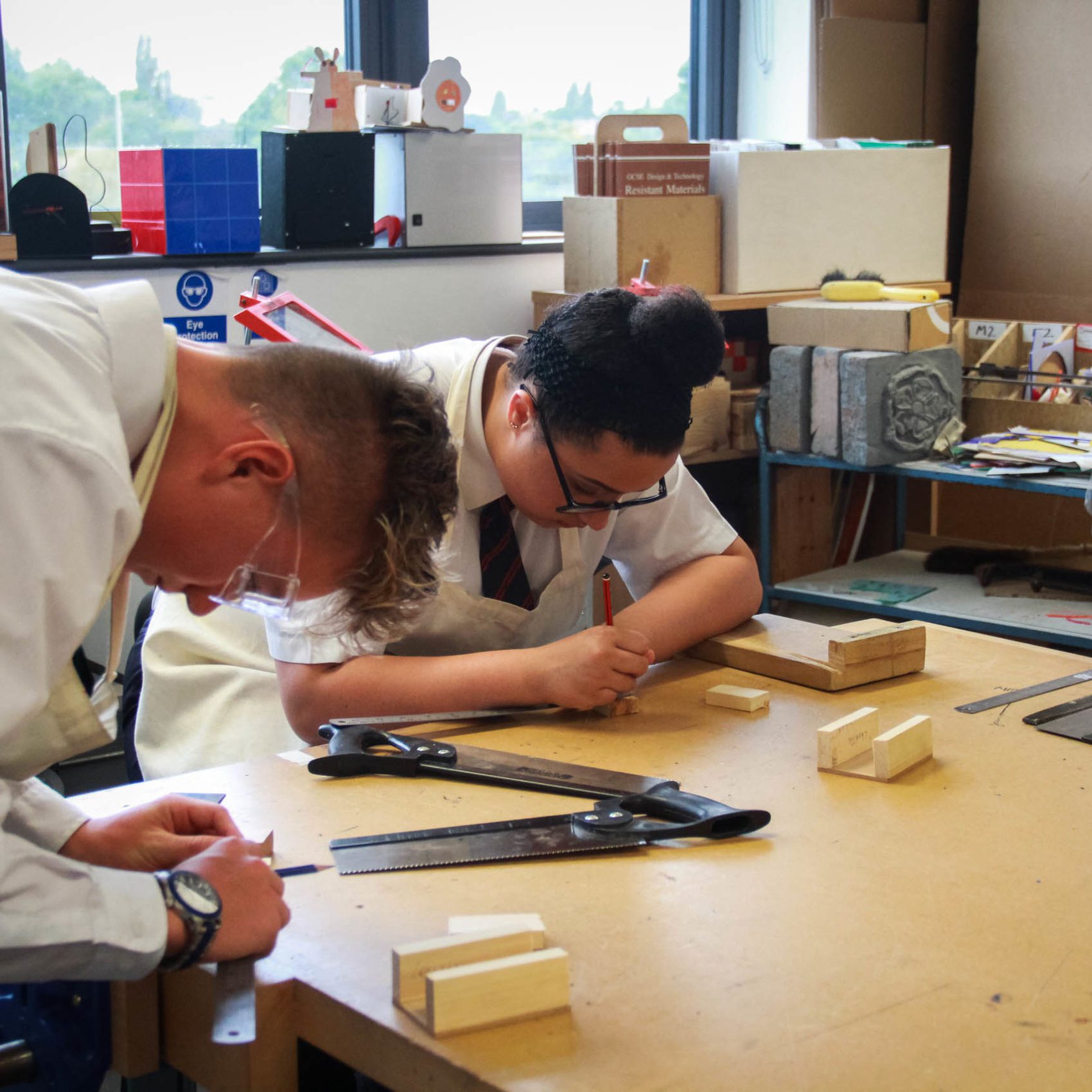
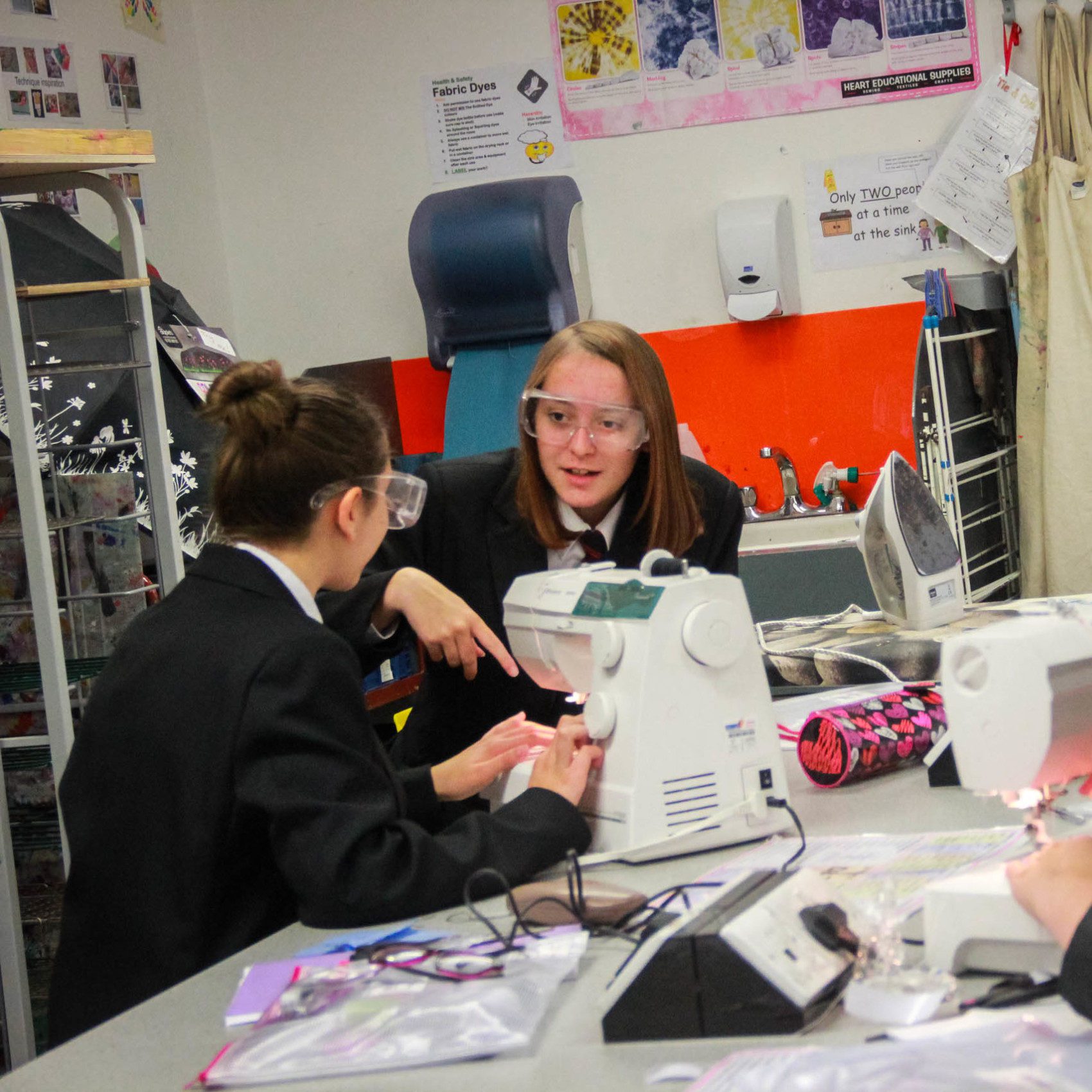
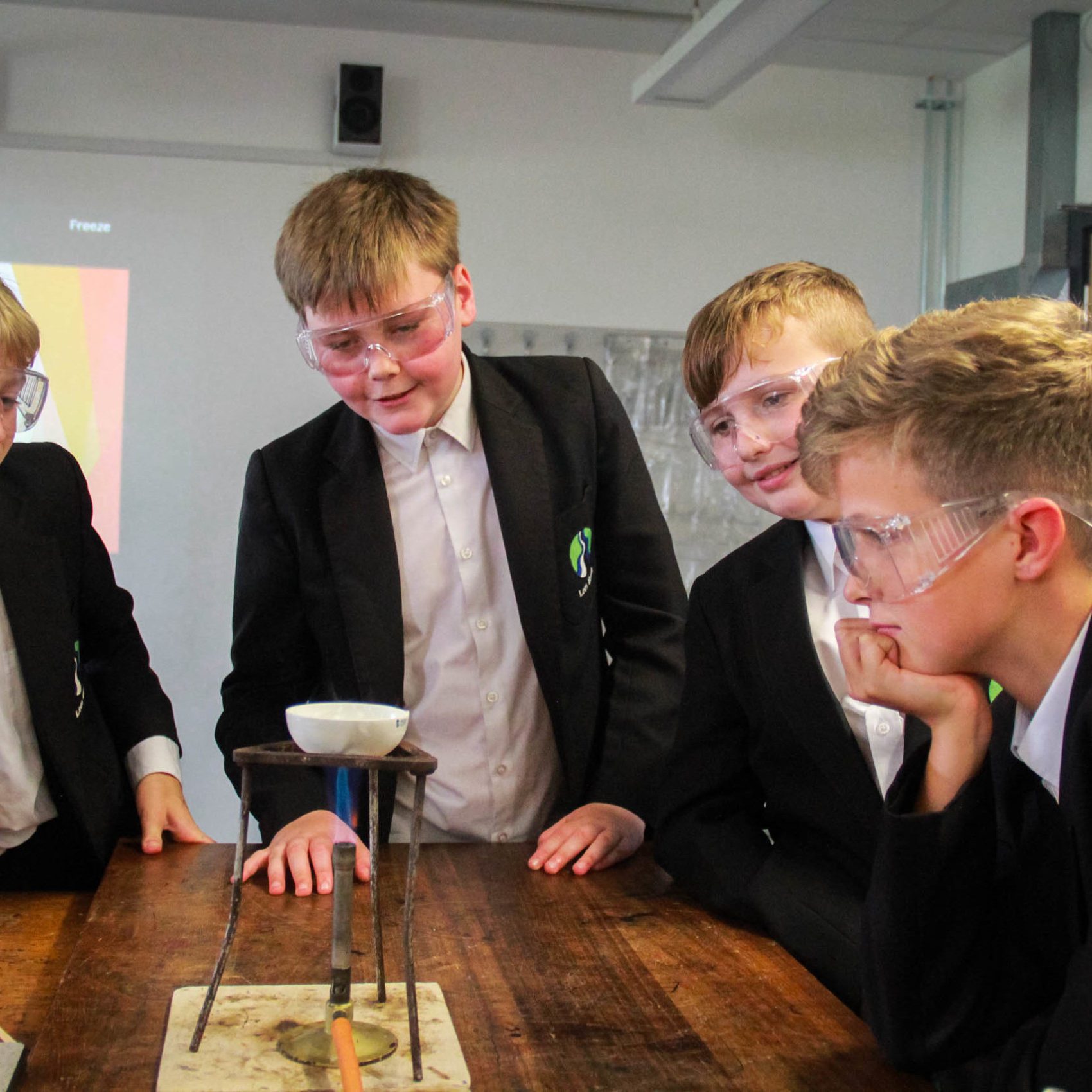
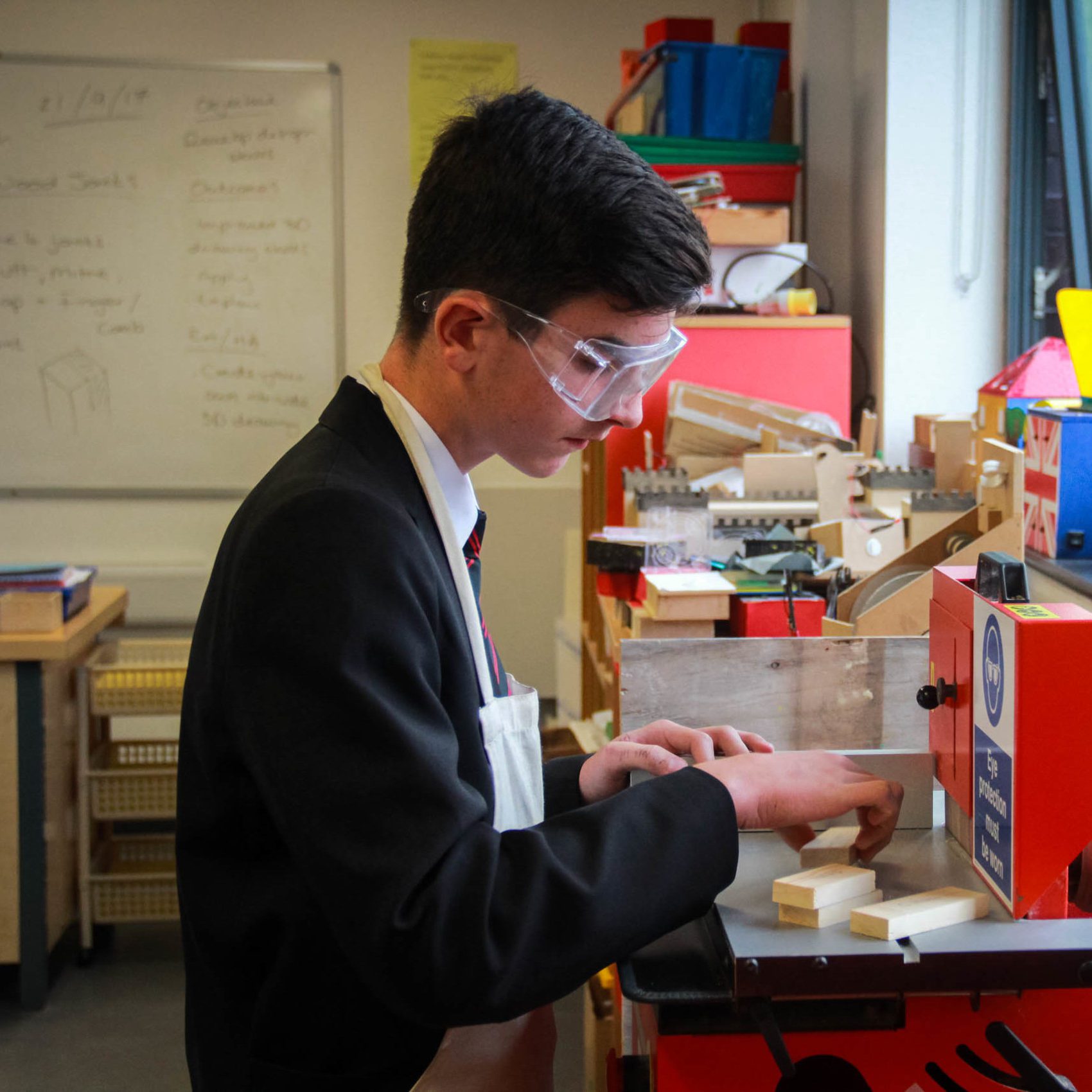
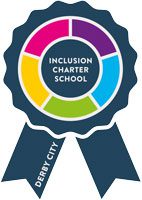
📢 Half-Term
Academy phone lines are closed over the half-term break.
👋 We’re still around a little!
Someone will be in the office on Wednesday and Thursday, 9am–12pm
📧 Got a query?
Feel free to email us at schoolinfo@leesbrook.co.uk. We’ll get back to you when we return on 23rd February.
Wishing all our families a wonderful, relaxing half term!✨ ... See MoreSee Less
0 CommentsComment on Facebook
Photos from Lees Brook Academy's post ... See MoreSee Less
0 CommentsComment on Facebook
On Wednesday 4th February, our Year 9 students took part in a series of workshops designed to develop their understanding of the different Post 16 pathways available to them. These sessions provided valuable insight to help support their decision-making as they prepare to choose their Key Stage 4 options.
A huge thank you to Derby College, the University of Derby and Helen Suffolk-Adams for delivering such informative and engaging workshops.
A reminder that our Year 9 Options Evening will take place on Wednesday 18th March, from 6.00pm – 8.00pm. We look forward to seeing you there! ... See MoreSee Less
0 CommentsComment on Facebook